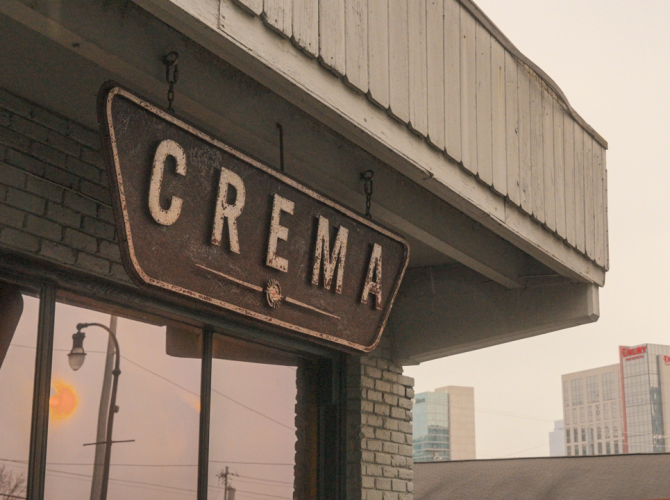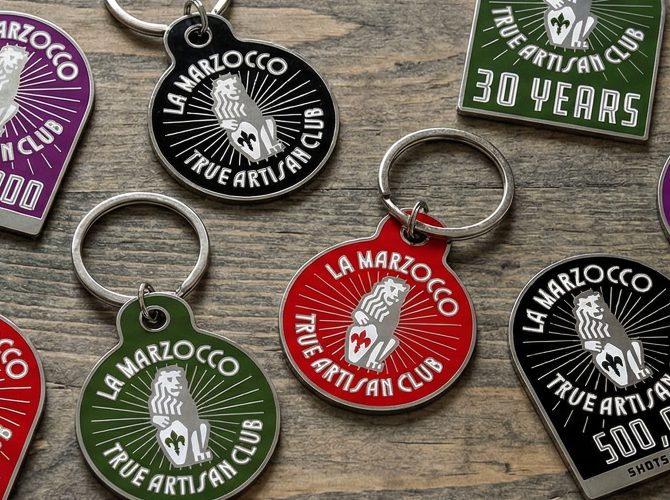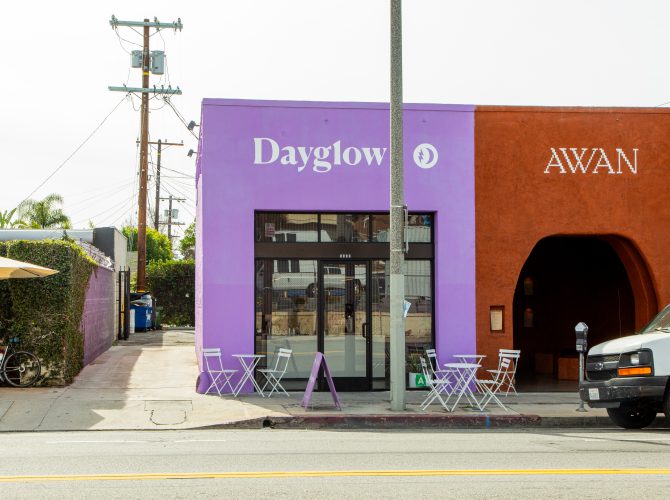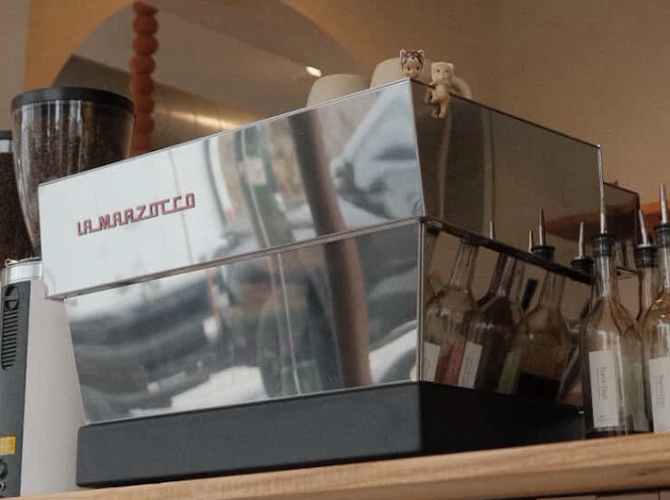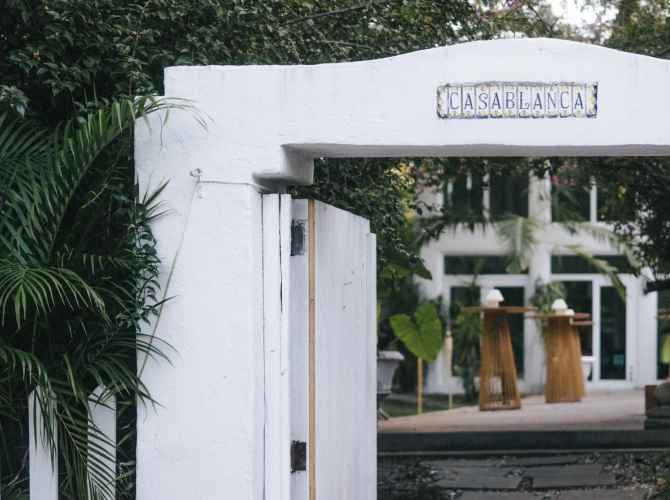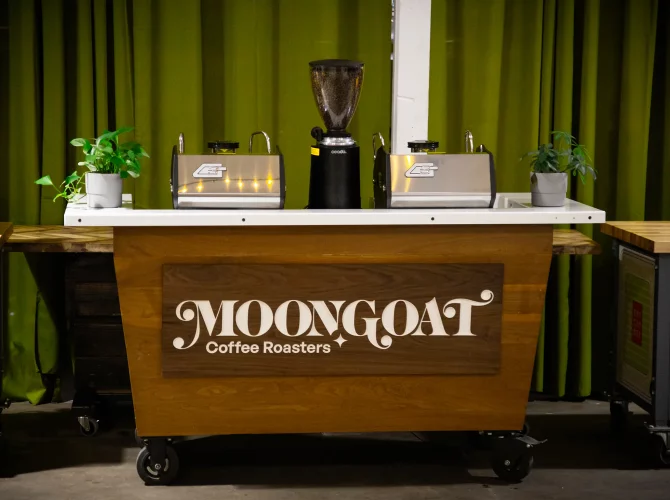Written by Jordan Michelman.
For coffee lovers in the Pacific Northwest, Phuong Tran needs no introduction. But for everyone
Phuong’s legacy and influence in the American coffee industry cannot be overstated. She
is the 2005 US Barista Champion (she placed 7th at the Worlds), and the founder of Lava Java
in Ridgefield, Washington, a very early, much-loved example of what’s become happily a
commonplace occurrence across the country: a great third-wave cafe in a small town.
Ridgefield is about 15 miles north of Portland, and Phuong opened the cafe in 2002—22 years
ago! In that time, the world of coffee has changed in unimaginable ways, but Phuong’s cafe
remains a pretty incredible example of the power of specialty coffee, and in SW Washington, it
seems like nearly everyone has worked there or at least stopped by for a perfect cappuccino.
From day one, Phuong has worked with La Marzocco espresso machines and her bar at Lava
Java has been anchored by a two-group La Marzocco Strada since 2012. I caught up with her on an early
fall afternoon—and it was a real pleasure.
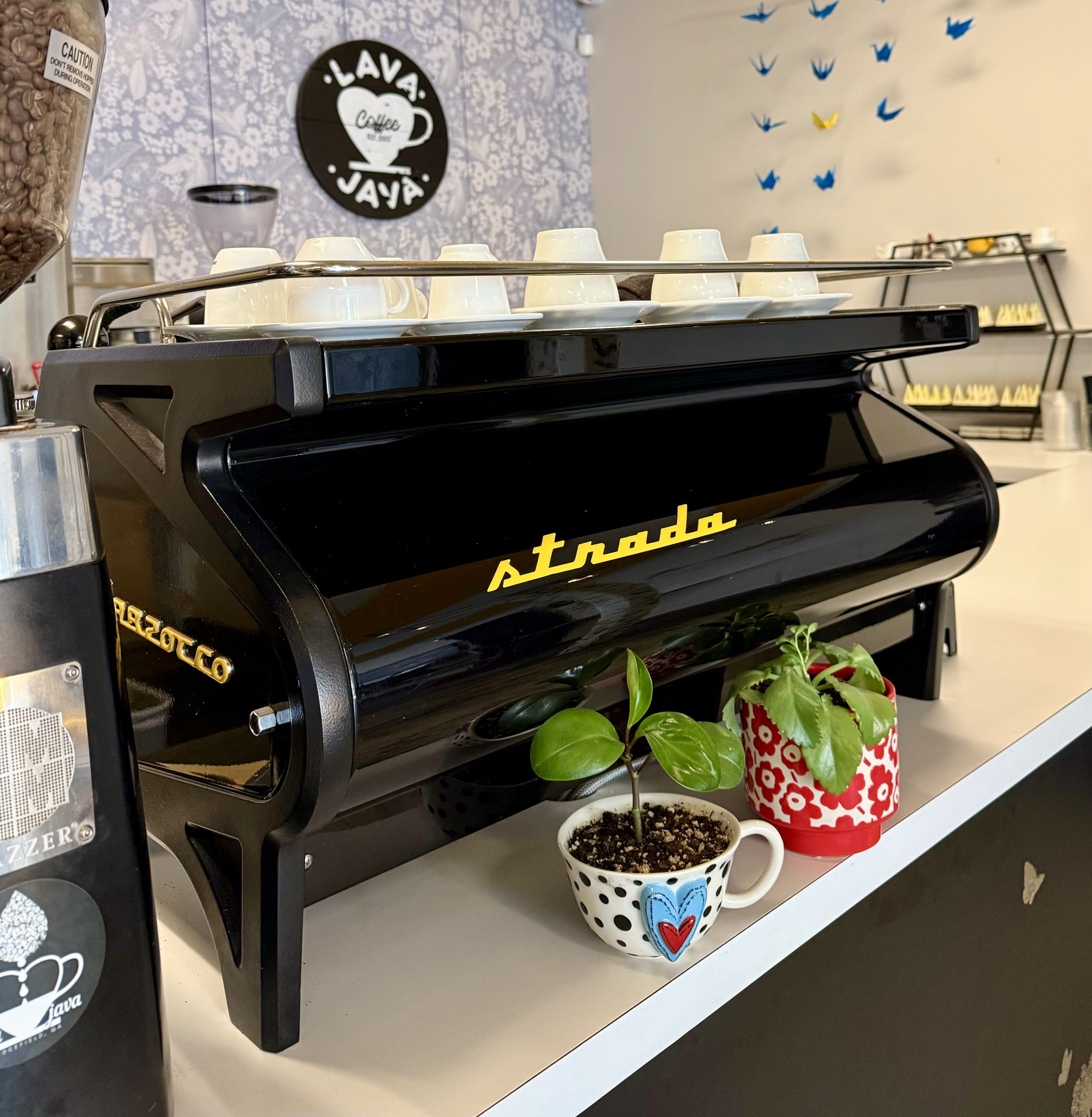
Hi Phuong! Thanks so much for speaking with us. I don’t think there’s an official score for this sort of thing, but you’re certainly notable for having used La Marzocco gear in your cafe for more than two decades now. Tell me a little more about that.
I have used a La Marzocco espresso machine every single day for 22 years! It seems incredible, but it’s true. When I started, my first machine was a really beautiful three-group FB70 in red and I had it forever. I’ve been open in Ridgefield since 2002, but for a brief time, I also had a cafe in downtown Portland, and when I opened there, I moved the FB70 to it. That’s when I bought my second machine, a two-group Strada, in 2012. And now I’m looking at adding one more machine, perhaps a Linea Mini, for catering—I have been asked for years to offer some mobile coffee service, and it’s something I’m hoping to launch soon.
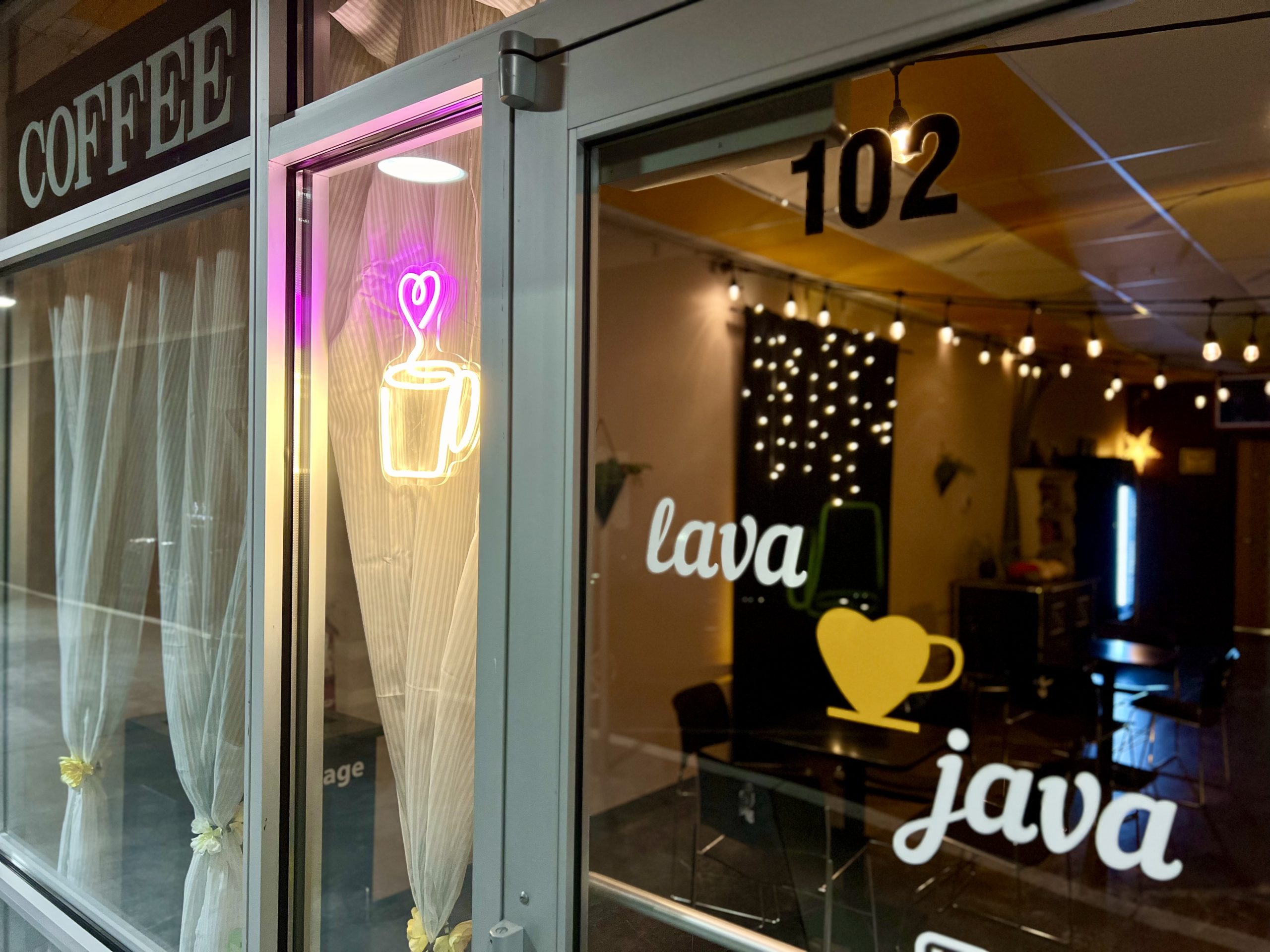
2002 was a long time ago, across every possible metric—in culture, in technology, and yes, in coffee. Take me back to that time. What was Ridgefield like then? What are your memories of coffee from then?
You know–in Ridgefield, we are still a very small town and very rural, but back then—there wasn’t even a grocery store. The other day, somebody came into the cafe and said, “I remember when you first opened in Ridgefield, you were the first person to bring Stumptown here.” And this was such a big thing at the time. I wanted to bring better quality coffee to the area I’m in. Even to this day, I am really striving to help elevate the coffee of the quality market here and help to educate and push specialty coffee to my community. We’re still handcrafting everything, and we still care a lot about coffee.
So, in some ways, your mission hasn’t changed that much in 22 years?
No, it really hasn’t. But there are also so many things that have changed. You know, I have changed. I’m maturing and getting older. Twenty-two years ago, I didn’t understand much about the relationship between customers and the community; now, I’ve changed, and I’ve become more involved in my community and am trying to adapt to the changing times. But I’m also still staying true to myself. Does that make sense? I’m always looking for innovation and trying to see where the industry of specialty coffee is going and trying to do that.
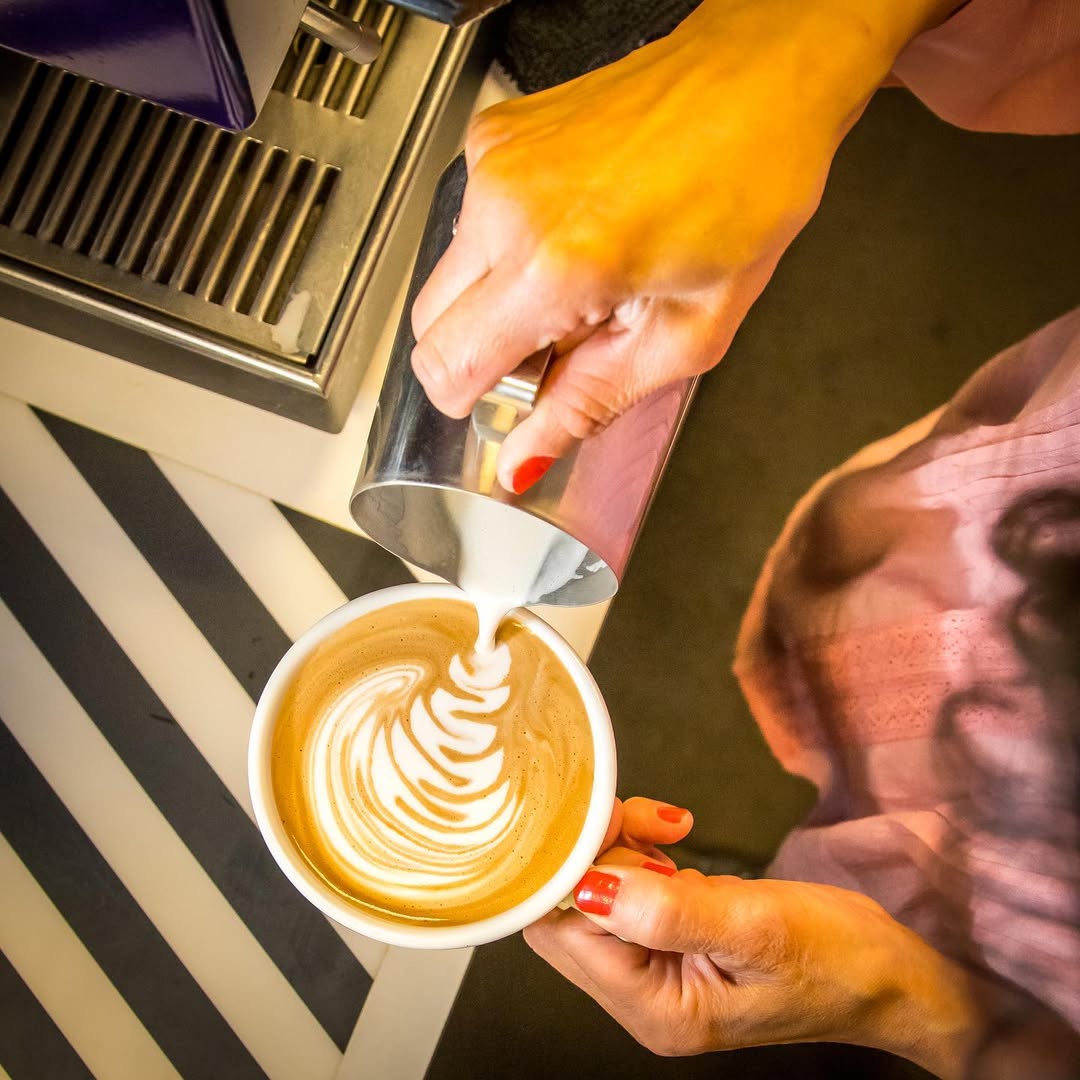
Do you feel like coffee itself has changed in that time? What you’re serving, what you have access to, the kinds of drinks your guests are ordering?
Yes, definitely. In the beginning, we just offered a single espresso blend—Stumptown’s Hairbender Blend. We stuck with it, our customers loved it, and I had such a great relationship with them. I’m a very loyal person and a relationship person, and this was a special time. Around 5 years ago, I wanted to start trying different stuff. I care a lot about freshness, and I’m friends with everyone in the industry, so there are always roasters dropping by and offering coffees for me to try out, which is fun. I didn’t want to become a multi-roaster cafe, necessarily, but I started carrying other coffees other roasters in the shop, and that’s a huge change for me. But honestly, it’s really fun to try all the different coffees from different roasters, and I get to be super selective. I am constantly cupping coffees, and I feel even more connected now to the Portland roasting scene. Whatever coffee I bring in and feature here, I have to have a relationship with that roaster. And I’m constantly cupping everything.
Talk to me about your gear set-up at Lava Java—how big of a role does espresso play in your coffee program?
It’s huge. 90% of what we serve comes through the Strada. I don’t sell a lot of drip coffee hardly at all, although we do have a Fetco for that. For gear, I use a doserless Rober grinder. We tamp manually; my staff really prefers it that way, and if we bring in auto tampers, they’ll lose the craft of it all, which I respect. The trick is to do it all while maintaining speed-if you make things too fast, you lose the ability to connect with your customers. It’s a balance that you always have to keep. And as long as my staff is happy, I’m happy too.
You know, I’m out in the country, but Ridgefield is just exploding. So many people are moving north from Portland and buying homes. We just got a Costco opening up across the street from the cafe, and there’s an In-N-Out coming too. In another year or two, this place will change so much because way more people are coming, and they tend to be more “city” people. But for now—people out here still drive big trucks. My customers are cowboys. Country people. They’re drinking mochas and lattes and a lot of Americanos, too. The Strada is really everything for us. I love how it’s laid out. It’s such an ergonomically safe design—I love how sturdy they are and the performance they offer. It’s a workhorse. I speak so highly of them and just love them—it’s the heart of my shop, right?
Visit Lava Java on Instagram.

